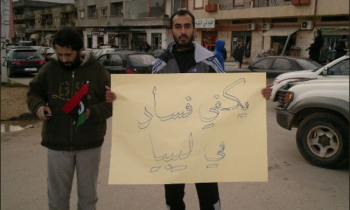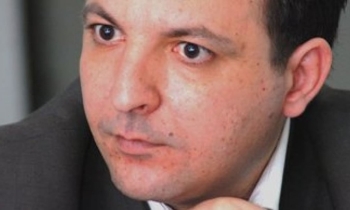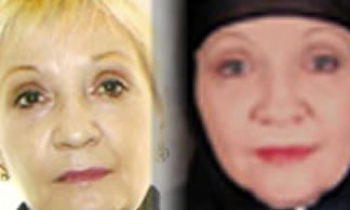Reporters sans Frontières (RSF) has voiced outrage at the continuing harassment of the independent press by the security forces in both Kathmandu and the districts, in which at least six journalists have been detained, attacked or threatened already this year.

"The security forces stop at nothing to monitor and silence journalists working for the independent press," RSF said. "Arrests, threats and censorship succeed one another in an infernal cycle," it added, calling on the international community to keep stressing the importance of respecting press freedom to the Nepalese government.
Half of the cases of censorship in the world in 2005 were in Nepal, where at least 425 journalists were arrested, attacked or threatened.
The police Sunday interrogated Benupraj Bhattarai, the correspondent of the daily Kantipur in the eastern district of Ilam, about his sources for a report on a student demonstration during a visit by the king to the district in which anti-monarchic slogans were chanted and black flags were unfurled.
The day before, Hari Narayan Gautam of the daily Rajdhani was detained while covering a Communist Party of Nepal-UML meeting in the western town of Kalimati by nine soldiers who had posed as Maoist activists in order to infiltrate the meeting. He was released after being questioned for three hours. An army spokesman said there was a misunderstanding.
According to Gautam, who is also secretary of the Federation of Nepalese Journalists (FNJ), Baglung chapter, the security personnel seized him from the programme venue, accusing him of having revealed their identities while they were ill-treating UML alternative central member, Ramji Sharma, the Kathmandu Post reported.
"While I was talking with the security men, Sharma came along," Gautam said, adding, "And when Sharma asked for their identities, they lied to him saying that they were comrade Rajesh and so on, of Myagdi." "They seized me as soon as I told Sharma that they were not Maoists, but security personnel," Gautam was quoted by the Post as saying. The security men took him to 23-brigade of the Royal Nepalese Army and released him after three hours.

Reporter Bed Prakash Timilsina and photographer Shailendra Kharel of Kantipur were detained and roughed up on January 5 at the main hospital in the southwestern city of Nepalgunj while interviewing people who had been injured in a Maoist attack.
Plainclothes police seized copies of the weekly Janadabad on January 4 in the eastern town of Sindhulimadi, where journalists were also threatened by soldiers who tried to force them to leave the district.
According to the International Federation of Journalists (IFJ), on January 2, police in Surkhet in mid-western Nepal detained journalist Moti Poudel of Kantipur daily and cameraperson Kamal Panta of Kantipur Television Network from the premises of the Surkhet Appellate Court. The journalists were covering news regarding the court's decision on a habeas corpus petition.
Plainclothes policemen beat up Panta as he was trying to take pictures of security men rearresting the four persons (suspected Maoists) released after the court's order. The policemen had acted on the orders of Police Inspector Gobindha Pathak of the Regional Police Office. Panta was accused of working as an informer for Maoists and was taken to the police station.
Panta suffered minor injuries from the beating. Journalist Poudel, who went to Panta's rescue, was also arrested. Police inspector Rajkumar Silwal of the District Police Office also snatched Panta's camera and deleted the pictures, stating that he was ordered to do so by a "higher authority".









